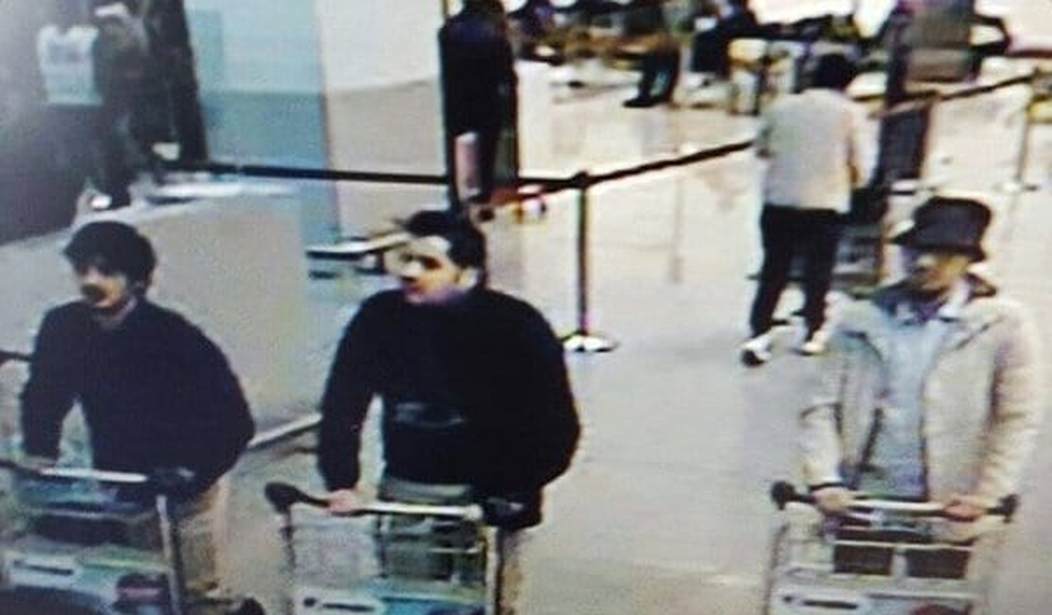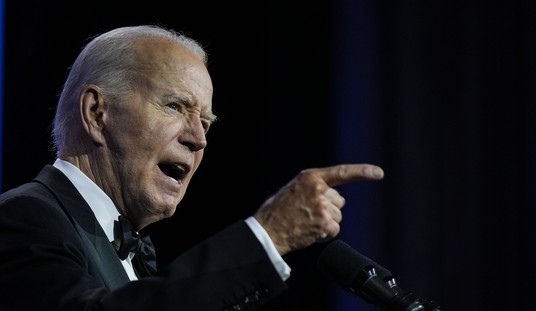There is a high probability that the timing of Tuesday’s suicide jihadist attacks in Brussels is a consequence of the capture of Salah Abdesalam, a key participant in December’s Paris attacks.
We know that Abdesalam had a support network that enabled him to elude capture for four months despite what was portrayed as an intense manhunt. We have also seen reports that he had jihadist confederates and was planning additional attacks in France and Belgium. This is key, not just for the obvious reason of assessing the threat; there is also the matter of jihadist tradecraft.
The Islamic State, we must remember, is just a breakaway faction of al Qaeda. It is thus only natural that it employs longstanding al Qaeda methodology. This includes compartmentalized cells in which few members are kept in the loop about what other cells are up to – precisely so that, in the event a jihadist is captured, plots that he is not involved in can continue to move forward. Of course, this is not a perfectly secure system because members tend to know of each other even if they don’t know each individual’s current assignments. The capture of a terrorist who can identify other jihadists can cause their plots to be aborted, even if he is not a participant in them, simply by tipping police off about whom to investigate.
So there is another relevant aspect of training: jihadists are instructed to do the best they can to hold out against or mislead interrogators for a few days. ISIS and al Qaeda know no one can hold out forever. As far as their ongoing operations against Western targets are concerned, it’s the first few days that count.
That means when there is a highly publicized arrest, as there was of Abdesalam, the terror network has a choice it must quickly make: Should it pull the plug on ongoing plots and instruct its operatives to scatter; or should it accelerate some plots that are ready to go?
Suicide operations that are fairly far along are likely to be accelerated. They involve operatives who have been primed to strike in a process that takes a couple of weeks. They may lose their nerve as well as whatever opportunity has been scoped out if there is delay. Plus, the plan is for them to lose their lives in carrying out attacks; it is not like they are high-ranking jihadist commanders whose capture would compromise the network’s ability to recruit, train, and carry out future operations.
I believe we will ultimately learn that Abdesalam’s capture caused the acceleration of the Brussels attacks. In fact, since the heart of the European Union was the target, the Paris terrorist’s capture – far from dissuading ISIS – made the Brussels operation even more attractive. It became their way of saying, “You can’t stop us. We are operating right under your noses, and no matter what your security forces do we can hit you where it most hurts you.”
It is worth recalling that our long, divisive debate over harsh interrogation practices used after the 9/11 attacks has swung the pendulum in the terrorists’ favor. They know that if they are captured by Western forces, they will not be subjected to aggressive questioning – and I am not talking about waterboarding here but about tactics that, though considerably milder, progressives consider inhumane. And in the United States, the terrorists know that under the current administration’s policies, capture will result in a quick transfer to the criminal justice system, where the jihadist will be given counsel and advised, pursuant to Miranda v. Arizona, that he need not answer questions.
These guidelines reflect the pieties of the Left: the view that, over the long haul, we enhance our security by treating enemy operatives as criminal defendants and affording them all the majesty of Western due process. To my mind, this is a harebrained theory for which there is, unsurprisingly, no empirical support. In reality, our enemies see our approach as weakness, and it emboldens them, causing more attacks.
Whether I am right or wrong about that, a stubborn fact remains: By making it clear to our enemies that they will be regarded upon capture as mere criminal defendants rather than terrorist enemy combatants, we have extended the amount of time it will take to pry intelligence about ongoing plots. Our enemies have a reasonable expectation that their captured operatives will be able to hold out longer. That gives them an incentive to accelerate the execution of plots rather than abort them.









Join the conversation as a VIP Member